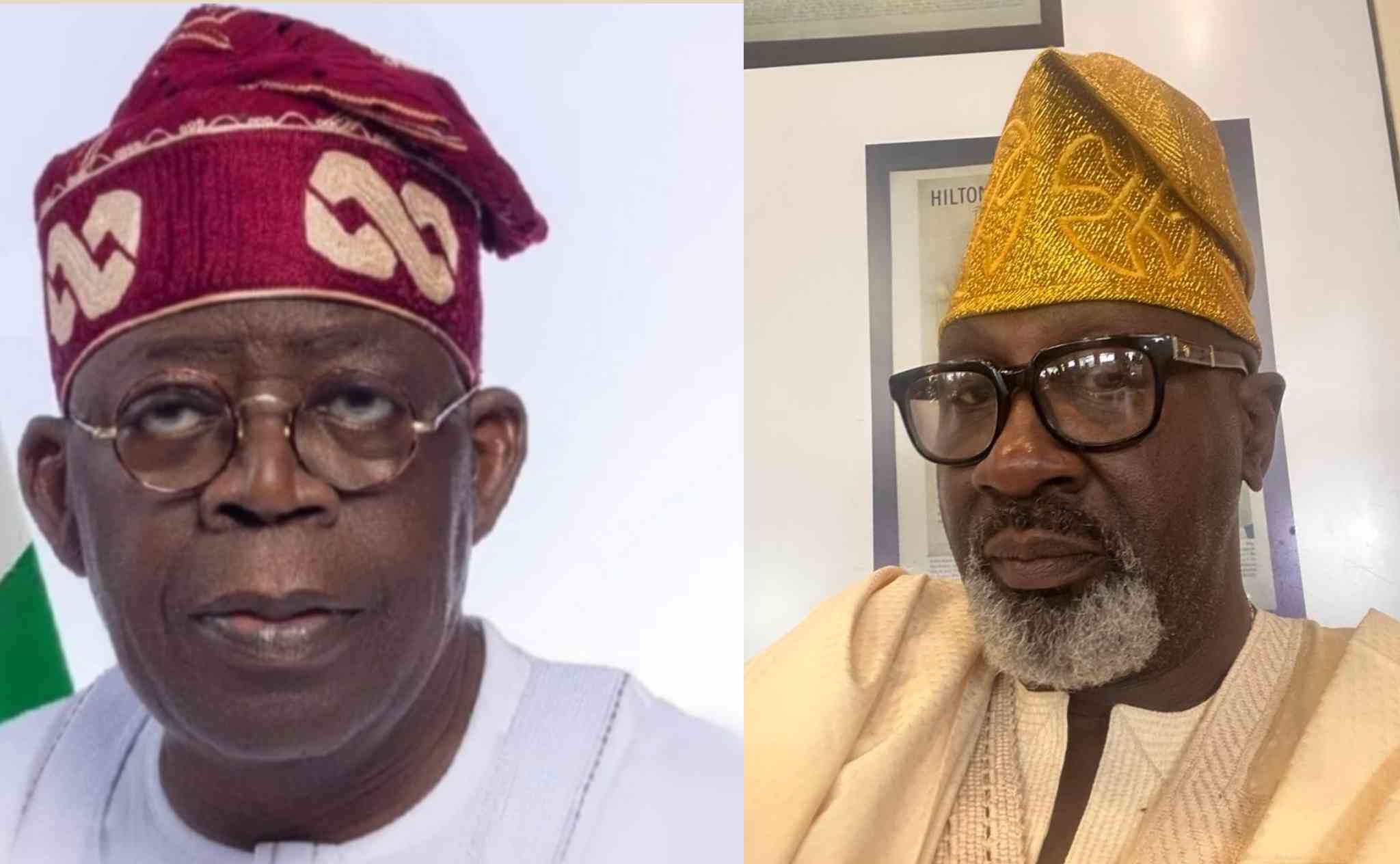Embracing the Opportunity for Investment in Education.
By Abayomi Odunowo Monday 26th August 2024.
In a world where economic disparities relentlessly shape the fates of individuals, investing in education becomes an imperative business and moral obligation. As nations grapple with challenges such as youth unemployment, poverty, and inadequate access to quality education, innovative solutions must be sought. This context frames the recent announcement involving the Nigerian Economic and Financial Crimes Commission (EFCC) confirming the transfer of N50 billion to the National Education Loan Fund (NELFUND) to boost the national student loan scheme. President Bola Ahmed Tinubu has made history as the first leader globally to reinvest recovered funds from economic wrongdoing into education. This bold move not only highlights the critical intertwining of financial governance and educational improvement but also sets a precedent for other nations to emulate.
The Crisis in Nigeria’s Education Sector.
Nigerian students and educational institutions have long faced various crises. Over the years, reports have emerged of inadequate funding for public universities, exorbitant tuition fees, and insufficient access to educational resources. Coupled with the rising wave of economic sabotage, these challenges have worsened the circumstances surrounding education for many young Nigerians. Millions of students grapple with the burden of educational costs, leading to increasing dropout rates and limiting opportunities for the ambitious youths of the nation. Education, which should serve as the bedrock for personal growth and societal development, has become a privilege available only to a few.
Moreover, the ongoing challenges in Nigeria’s educational landscape reflect a broader dilemma affecting the nation’s youth—skyrocketing unemployment rates and a lack of appropriate job readiness. Many are left with no choice but to accept low-paying or unstable jobs, directly attributable to the gap between academic training and labor market needs. This cycle perpetuates poverty and hinders long-term national progress.
A Call for Innovative Solutions, In light of these pressing issues, the announcement of utilizing recovered funds from economic wrongdoings to support educational financing is a timely, innovative solution that aims to alter the trajectory of education in Nigeria. NELFUND’s receipt of N50 billion from the EFCC presents a unique opportunity to address the funding gaps crippling the educational sector. This move signifies a meaningful pivot in leadership, showcasing the importance of redirecting resources acquired through wrongful means towards the public good.
This initiative invites profound inquiry and engagement from various stakeholders, especially protest organizers advocating for student rights and educational reform. The pressing question arises: can organized communities leverage this opportunity to nurture an atmosphere of accountability and transformation? The answer is a resounding yes. The act of investing in education with these recovered funds invites civil society to be vigilant and proactive, ensuring that this investment leads to tangible changes.
Transforming NELFUND into a Beacon of Hope. The infusion of N50 billion into NELFUND can potentially be transformative, allowing the scheme to expand its reach and provide more comprehensive financial support for students. To ensure its success, it is vital that the fund is managed transparently and efficiently. This transparency will not only bolster public confidence but will also help to maintain the sanctity of the funds that have such a storied origin.
NELFUND must prioritize equitable distribution, ensuring that the funds reach underprivileged students across various spectrums of society. In concert with educational institutions, the government could also implement mentorship programs designed to link students with relevant opportunities, effectively tailoring educational experiences to meet the demands of emerging job markets.
Moreover, it is vital to establish mechanisms for monitoring and evaluation to ensure that the funds achieve their intended impact. Public engagement through feedback loops allows for continuous improvement of the system, and advocacy around budgeting ensures that education remains a priority even beyond this initial investment.
A New Paradigm for Education Funding in Nigeria. President Bola Ahmed Tinubu’s initiative is a critical step towards rejuvenating Nigeria’s education sector and sets a historic precedent for how nations might deal with the fruits of corruption. Through this novel application of recovered funds, there’s hope for a brighter future for Nigeria’s youth—a future marked by greater access to education, improved employment opportunities, and ultimately, a revitalization of the nation itself. Those who champion educational reform must seize this moment to advocate for systemic changes that ensure the longevity of this investment, elevating education from a mere policy agenda to a fundamental right for every Nigerian.
Otunba Abdulfalil Abayomi Odunowo
National Chairman AATSG
Mobile: +2349053535322
Monday 26th August 2024.





